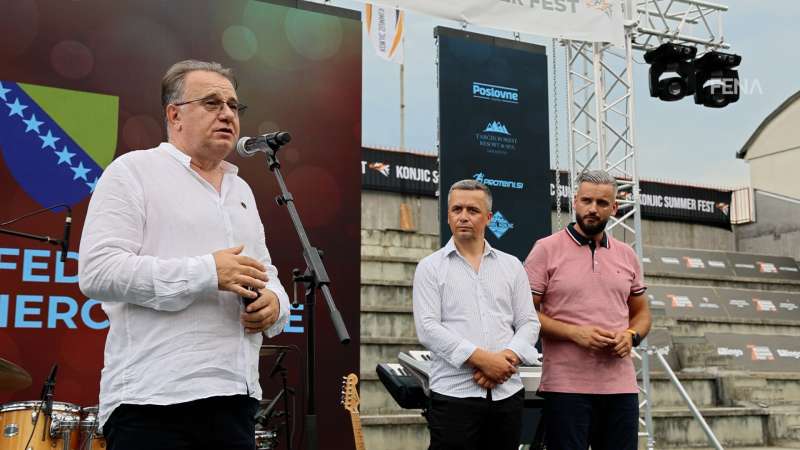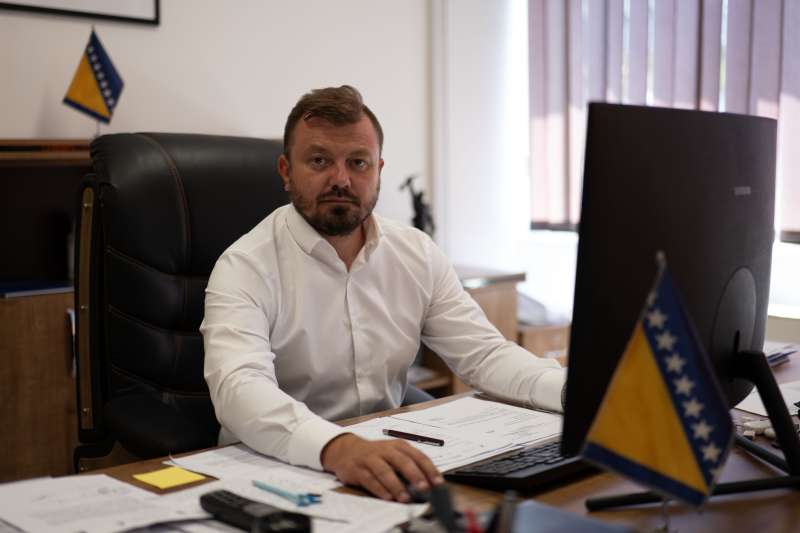Servisne informacije
12:46Na dionici autoputa A-1 Sarajevo sjever-Podlugovi saobraća se usporeno zbog saobraćajne nezgode
09:15BIHAMK - Saobraćaj jutros slabijeg intenziteta, pojačana frekvencija vozila u večernjim satima
09:09U BiH jutros sunčano, u drugom dijelu dana mogući lokalni pljuskovi i grmljavina
17:10Saobraćaj na MP Vogošća-Semizovac ponovo uspostavljen, formirale se duge kolone vozila
14:25U BiH sutra sunčano uz umjerenu oblačnost, u drugom dijelu dana mogući pljuskovi i grmljavina
09:14U BiH sunčano uz umjerenu oblačnost, poslijepodne mogući lokalni pljuskovi
08:54Na cesti Jablanica-Blidinje dozvoljen saobraćaj za sva vozila do 3,5 tone ukupne mase
14:25Mostar i danas najtopliji sa 41 stepen, sutra u Bosni oblačno, poslijepodne lokalni pljuskovi
08:38U BiH sunčano, tokom dana lokalni pljuskovi s grmljavinom u Krajini, centralnoj i sjevernoj Bosni
07:01Pojačan intenzitet saobraćaja na glavnim magistralnim pravcima i prilazima većim gradovima










